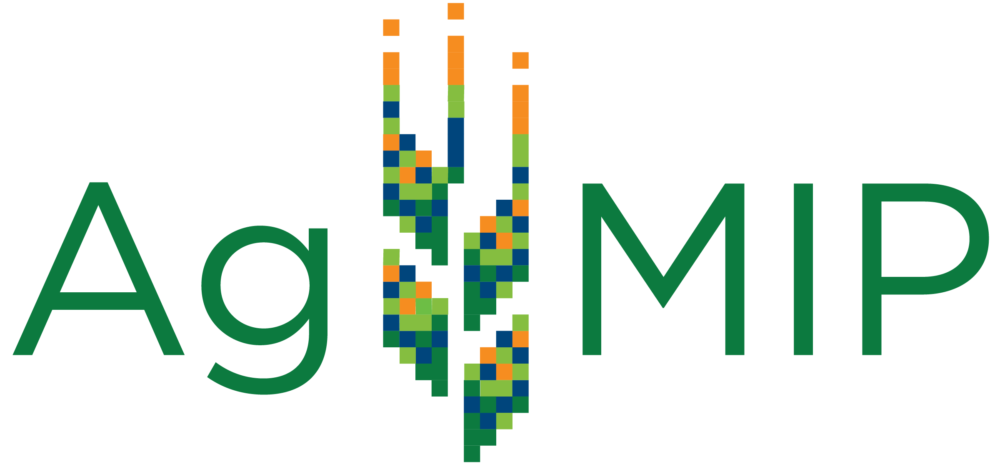Stakeholder Liaison and Unit Members
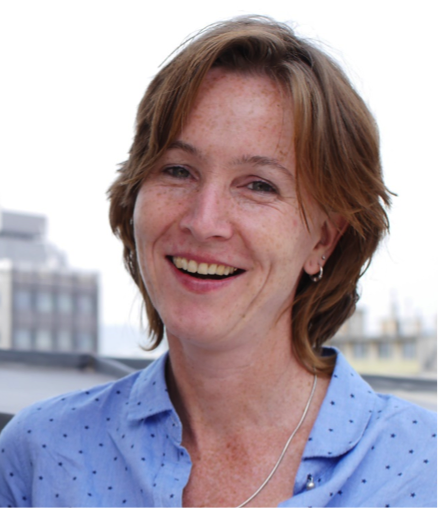
Sabine Homann-Kee Tui is a social scientist with 14 years of experience in the fields of crop-livestock systems in semi-arid Africa., based at the International Crops Research Institute (ICRISAT) in Zimbabwe. Her PHD thesis is on indigenous knowledge of Borana pastoralists in rangeland management in Southern Ethiopia, Justus-Liebig-University, Giessen, Germany. Her research and experience is on innovation and market oriented development, knowledge brokerage, economic modeling and value chain approaches, climate change impacts and adaptation. Her current research is at the interface of research, development and stakeholder dialogue, inspired by modern resilience thinking and transformative change concepts. She emphasizes the role of systems diversity in production and marketing for enhancing food security, profitability and resilience. She wants to find out more about multi-level learning approaches that can be useful to facilitate sustainability transitions in drylands.
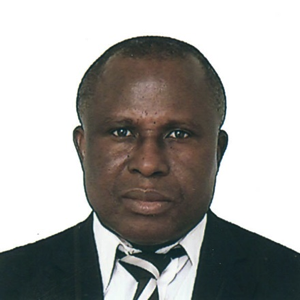
Jonathan Nicholas Anaglo is Lecturer in the Department of Agricultural Extension, University of Ghana, Legon. He joined the Department in September 2002. Jonathan was educated at the University of Ghana where he obtained the National Diploma in Agric. (1984); BSc Agric. (1990) and M.Phil. Agric. Extension (1999). He was awarded PhD (Natural Resources) by the University of Greenwich, UK. He worked as an Agricultural Extension Officer in the Ministry of Food and Agriculture from 1981-2000, rising from Field Extension Officer through District Extension Officer to Regional Officer in charge of Management Information Systems. He later on worked with CARE International as an Agricultural Extension Officer from 2000-2002 before joining the University of Ghana. He participated in a wide range of Extension activities including training of Field Extension Officers, Forest Management, and Community Development. His research areas include Farmer Based Organisations, Sustainable Livelihoods and Value Chain Analysis. He has done consultancy in areas of Baseline surveys, Evaluation of Projects and Livelihoods Analysis. Some of the organisations he did consultancy work for included ACDI/VOCA, World Food Program, Ministry of Food and Agriculture, IFAD sponsored Root and Tuber Improvement and Marketing Project.
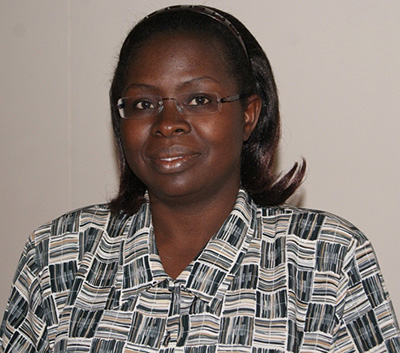
Maren Radeny works with the CGIAR Research Program on Climate Change, Agriculture and Food Security (CCAFS) as a Science Officer for the East Africa Regional Program. Her main areas of focus include developing and coordinating evaluation of research projects to respond to the needs and priorities for research on climate change, agriculture and food Security in East Africa —Kenya, Ethiopia, Tanzania and Uganda, reviewing and synthesizing knowledge and contributing to participatory action research at local, national and regional scales, developing, managing and maintaining collaborative research and policy partnerships at national and regional levels. She holds a PhD in Development Economics from Wageningen University, the Netherlands, and an MSc in Agricultural Economics from the University of Nairobi, Kenya. Prior to joining CCAFS, she worked as a Research Associate with International Livestock Research Institute (ILRI). She has 10-years post-graduate research experience working on poverty and livelihoods analysis, including livestock marketing in pastoral and agro-pastoral systems.
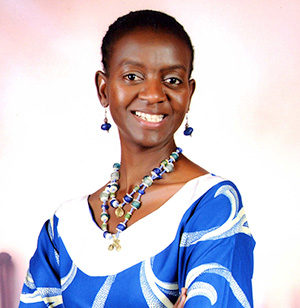
Hlamalani Ngwenya (known as Hlami) is working as a freelance consultant. She has 23 years work experience, 17 of which gained in the Food, Agriculture and Natural Resource sectors internationally. Her areas of expertise include stakeholder engagement and social mobilization (including facilitation of Policy dialogues, multi-stakeholder workshops and seminars at community, national, regional and global levels); institutional reforms & strategic planning; participatory approaches to programs and M & E; systemic competence development processes; Knowledge management; communications for sustainable development and research for development. Her focus in the recent years include Climate Smart Agriculture & Climate change adaptation, Agricultural Extension and Rural Advisory Services, Policy research & advocacy; Agricultural Innovation Systems and Innovation platforms, Food & Nutrition security, Livelihoods and social protection, gender mainstreaming and Talent development.
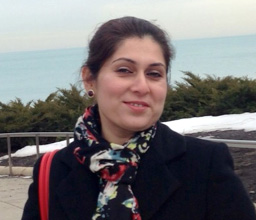
Farah Riaz is a mother,teacher, social worker, holds a PhD in Rural Sociology and is currently working as a lecturer at the University of Agriculture Faisalabad, Pakistan. Her area of interest is community development, outreach and women’s empowerment. Her experience includes, outreach programmes for the skill development of rural females, training workshops, researcher, supervisor of post graduate students and implementing citizenship education in UAF. She is also Director of the Confucius Institute at UAF working for the promotion of Chinese culture and language, and a member of the gender equity committee.
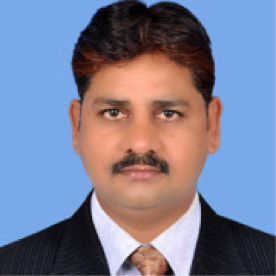
Dr. M.S. Meena is working as Principal Scientist (Agricultural Extension) at ICAR-Zonal Project Directorate, Zone-VI, Jodhpur (Rajasthan) since July 18, 2013. He perused his Master and Post Doctorate degree from National Dairy Research Institute (NDRI—Deemed University), Karnal (Haryana) India with the ICAR fellowships. He selected in Agricultural Research Service (ARS) in 1998 and initially posted at Central Institute of Post-Harvest Engineering & Technology (CIPHET), Abohar (Punjab) in October 2000. In 2004, he transferred to CIPHET, Ludhiana (Punjab) in Transfer of Technology division to strengthen the transfer of agricultural technologies. Dr. Meena joined ICAR Research Complex for Eastern Region, Patna (Bihar) in 2007 as a Senior Scientist through Direct Recruitment. In more than 14 years of his professional career, he has completed many institutional and externally funded research projects. He has more than 60 research papers in national and international journals. He has been a part of the project “Tracking Change in Rural Poverty in Household and Village Economy in South Asia”—collaborative project of ICRISAT-ICAR-IRRI, sponsored by Bill & Melinda Gates Foundation. Presently, he is implementing many ICAR project/scheme through Krishi Vigyan Kendras (KVKs) of Rajasthan and Gujarat state. His latest published book is Water Management in Agriculture: Lessons Learnt and Policy Implications authored by M.S. Meena, K.M. Singh and B.P. Bhatt. He is reviewer/editor of many national and international journals and associated with many Professional Societies. Society of Extension Education, Agra (India) has honoured him as Young Scientist Award for 2009. Dr. Meena’s interest is in developing Extension Methodologies, Market-led Extension, Impact Assessment, Stakeholders Liaison, Technology Assessment and Refinement, Gender Issues, Integrated Farming System, Value Chain Analysis, Information & Communication Technologies and Policy Issues.
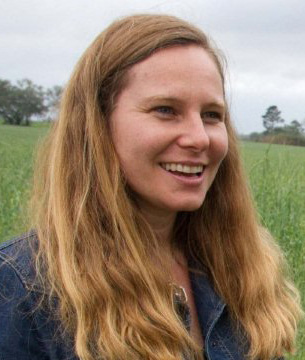
Dr. Wendy-Lin Bartels has spent the past 12 years developing research and capacity building projects in the Brazilian Amazon, Africa, and the SE USA. She currently holds a faculty position with the Department of Agricultural & Biological Engineering at the University of Florida, where she applies her background knowledge in science communication and anthropology. As a social scientist, she contributes to multi-disciplinary teams of climate, crop and hydrological modelers who collaborate on climate-related projects. She designs, facilitates and assesses stakeholder networks and participatory methods for the collaborative development of climate risk management tools and approaches. Specifically, Wendy-Lin’s research examines the conditions that facilitate meaningful interactions, dialog, and learning among scientists and practitioners, such as farmers, water managers, or rural development agencies. She is particularly interested in investigating the myriad ways that people cross knowledge system and cultural boundaries. Recently, for example she has been exploring participatory modeling and social learning. The years that Wendy-Lin spent growing up on an isolated farm in South Africa shape her current motivation to facilitate needs-driven research that results in relevant and actionable science.
